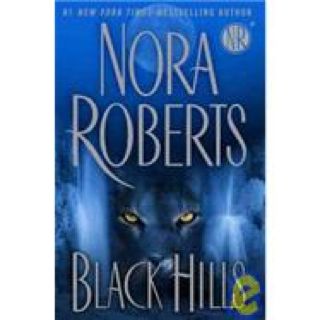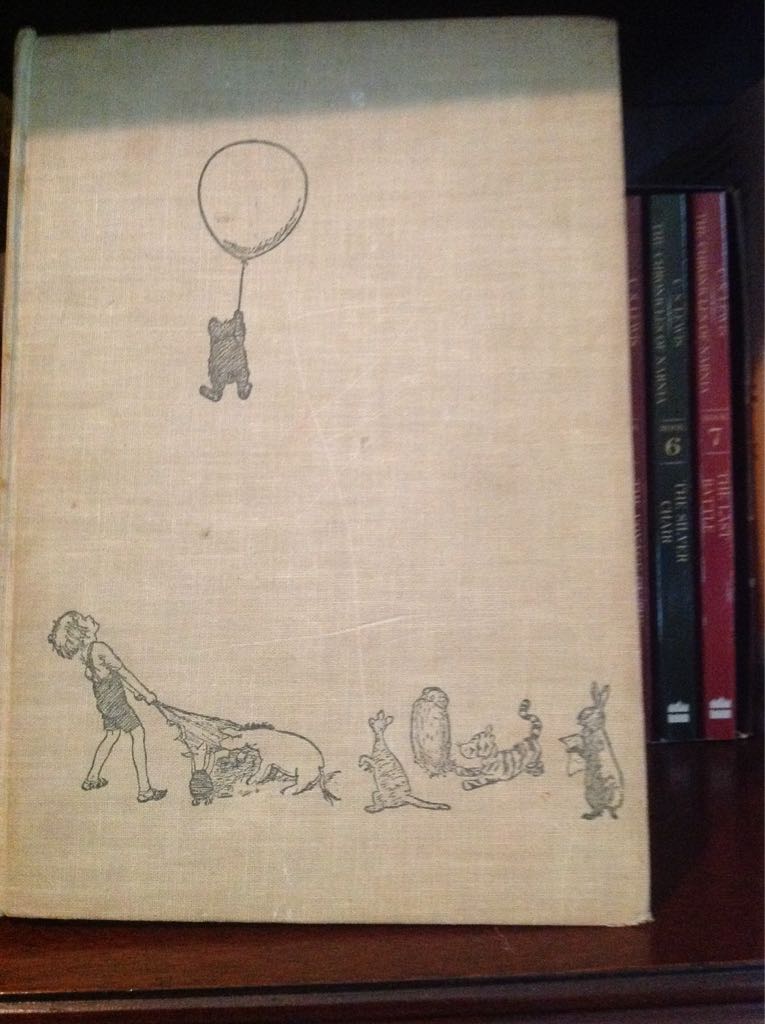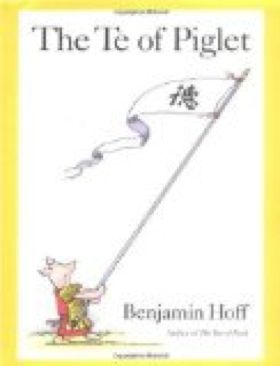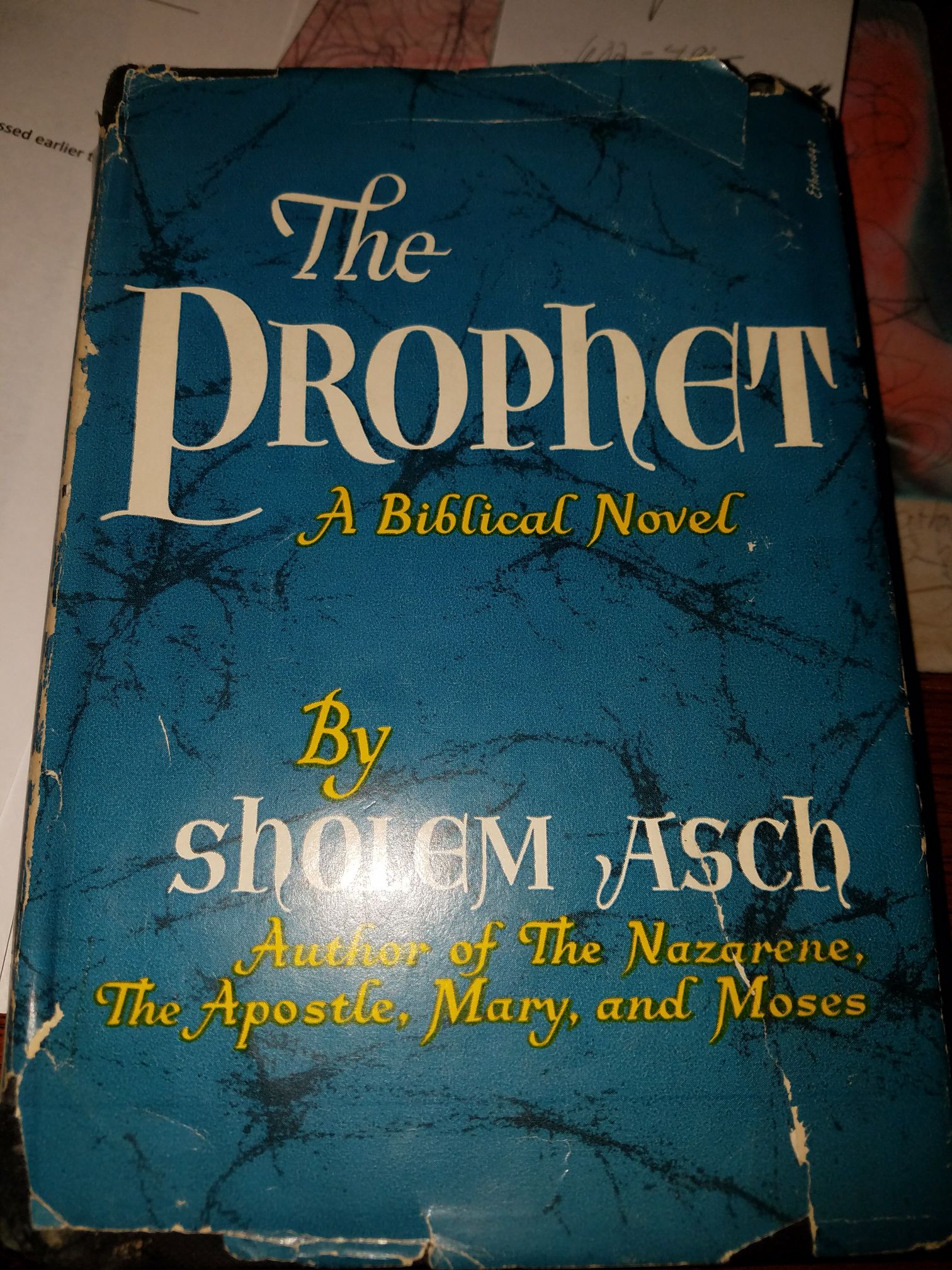![The Family book collectible [Barcode 9780434012169] - Main Image 1](https://www.icollecteverything.com/images/book/main/348/3482370_1.jpg)
Title:
The Family
Genre:
History
Religion
Realistic Fiction (Realism)
Show More
Narrative:
Third Person
Type of Book:
Non-Fiction
Number of Chapters:
14
Synopsis:
What is a family? Mario Puzo first answered that question in The Godfather. Now comes a masterpiece that crowns his career: the story of the Borgias, the greatest crime family in Italian history. The Family transports readers to Renaissance Rome, revealing the extravagance and intrigue of the Vatican and the Borgias who ruled there. Puzo captures their reign marked by pride, romance, betrayal, and murderous rage with unerring insight and compassion in this, his final triumph.
Publishers Weekly
Before his death in 2001, Puzo (The Last Don) had begun work on a novel featuring the 15th-century Borgias, whom he regarded as "the original crime family.” There are obvious parallels between the Borgias and the Corleone clan immortalized in The Godfather, but the resemblances are mostly superficial, at least as they are presented in this limp historical romance. The story opens with Cardinal Rodrigo Borgia manipulating papal elections in 1492 to become the new Pope Alexander. Determined to establish a family dynasty, he appoints his son Cesare cardinal in his stead and, after a strategically engineered episode of incest between siblings Cesare and Lucrezia, begins ruthlessly eliminating rivals and marrying his children into alliances with the offspring of noble families of France and Spain. But Cesare would rather be a soldier, and Lucrezia would rather marry for love; these conflicted desires contribute as much as risky political power plays to undoing the Borgias in a single generation. Though Gino (Puzo’s companion, author of Then an Angel Came) is credited for the posthumous completion, Puzo’s true collaborator is history, and it proves a difficult partner. Obligated not to deviate from known facts, the narrative whizzes methodically through highlights of the Renaissance, embellishing events with snatches of imagined dialogue, purple prose ("For love can steal free will using no weapons but itself”) and cameos by Machiavelli, Michelangelo and da Vinci. Overwhelmed by the vast pageant of events, the characters never achieve dramatic stature. Puzo’s diehard fans will surely put the novel on their summer hit list, but they may feel, in Sonny Corleone’s words, that "this isn’t personal,it’s business.” Copyright 2001 Cahners Business Information.
Biography
Lifelong New Yorker Mario Puzo drew upon figures in his Italian-American family to create the characters in his smash hit The Godfather in 1969; but he claimed never to have met a real-life mobster, and his detailed portrait of the Mafia world came entirely from diligent research.
Publishers Weekly
Before his death in 2001, Puzo (The Last Don) had begun work on a novel featuring the 15th-century Borgias, whom he regarded as "the original crime family.” There are obvious parallels between the Borgias and the Corleone clan immortalized in The Godfather, but the resemblances are mostly superficial, at least as they are presented in this limp historical romance. The story opens with Cardinal Rodrigo Borgia manipulating papal elections in 1492 to become the new Pope Alexander. Determined to establish a family dynasty, he appoints his son Cesare cardinal in his stead and, after a strategically engineered episode of incest between siblings Cesare and Lucrezia, begins ruthlessly eliminating rivals and marrying his children into alliances with the offspring of noble families of France and Spain. But Cesare would rather be a soldier, and Lucrezia would rather marry for love; these conflicted desires contribute as much as risky political power plays to undoing the Borgias in a single generation. Though Gino (Puzo’s companion, author of Then an Angel Came) is credited for the posthumous completion, Puzo’s true collaborator is history, and it proves a difficult partner. Obligated not to deviate from known facts, the narrative whizzes methodically through highlights of the Renaissance, embellishing events with snatches of imagined dialogue, purple prose ("For love can steal free will using no weapons but itself”) and cameos by Machiavelli, Michelangelo and da Vinci. Overwhelmed by the vast pageant of events, the characters never achieve dramatic stature. Puzo’s diehard fans will surely put the novel on their summer hit list, but they may feel, in Sonny Corleone’s words, that "this isn’t personal,it’s business.” Copyright 2001 Cahners Business Information.
Biography
Lifelong New Yorker Mario Puzo drew upon figures in his Italian-American family to create the characters in his smash hit The Godfather in 1969; but he claimed never to have met a real-life mobster, and his detailed portrait of the Mafia world came entirely from diligent research.
Barcode:
9780434012169
Date Added:
2018-06-26 15:44:21




